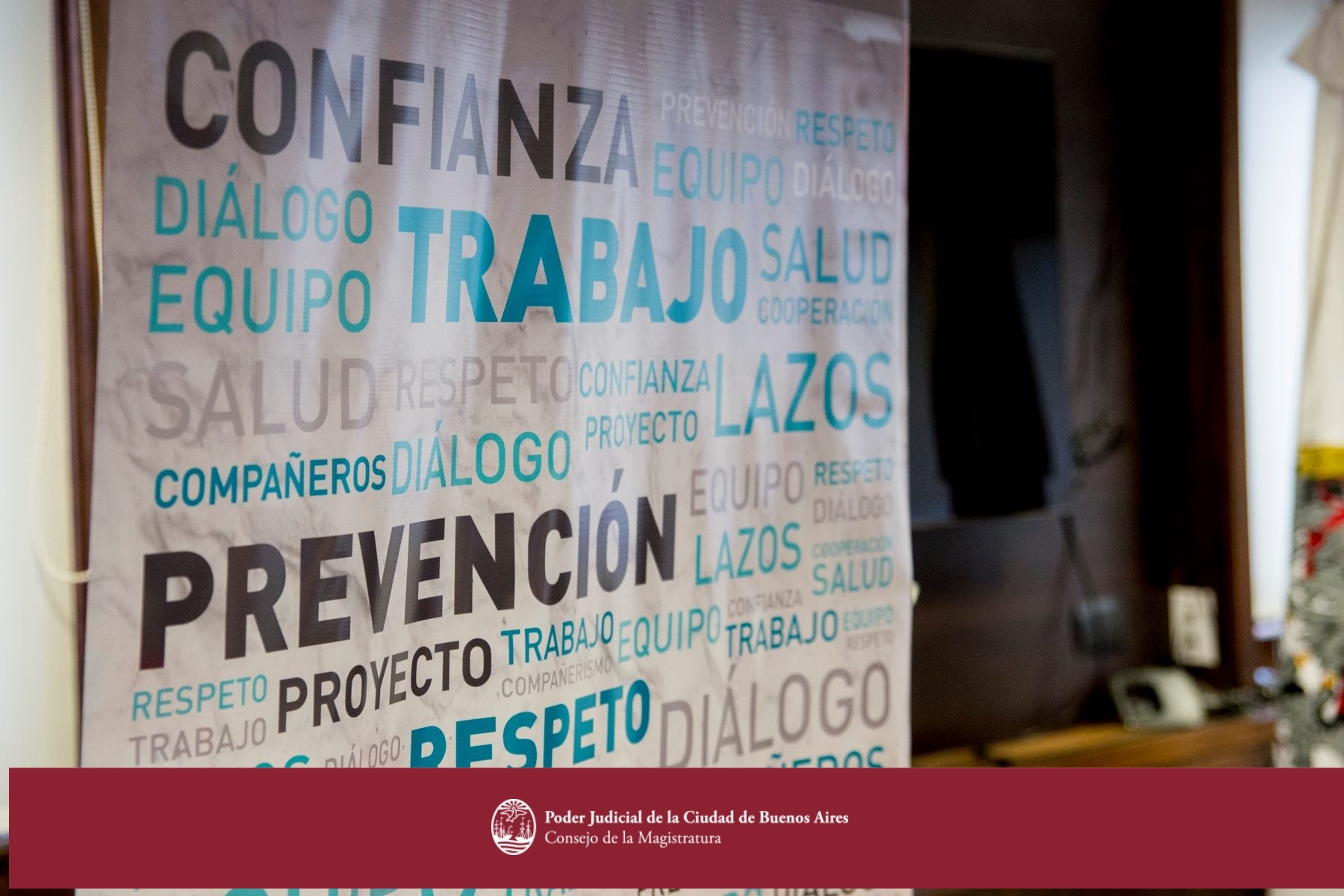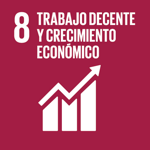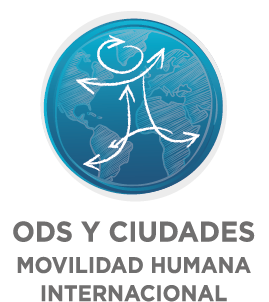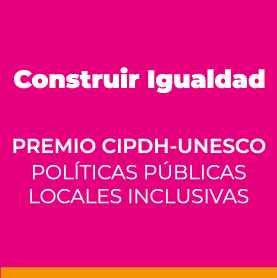Inclusion and enhanced quality of work life practices for persons with disabilities (PWD)

- Region
- Latin America and the Caribbean
- Range of Demographic Size
- 1,000,000 inhabitants or more (metropolis)

8.5 By 2030, achieve full and productive employment and decent work for all women and men, including for young people and persons with disabilities, and equal pay for work of equal value.
• Inter-American Convention on the Elimination of all Forms of Discrimination Against Persons with Disabilities
Convention on the Rights of Persons with Disabilities (CRPD).
Universal Declaration of Human Rights (UDHR).
International Covenant on Economic, Social and Cultural Rights (ICESCR).
Summary
The policy concerning “Inclusion and Enhanced Quality of Work Life Practices for Persons with Disabilities” is based on a Resolution passed by the Judiciary Council of the Autonomous City of Buenos Aires in 2010. The resolution provides for the possibility of applying for a financial subsidy to cover workers’ commuting expenses (back and forth between home and work). The subsidy will be awarded after verifying the reasons for the need or lack of access to transport means, long-term or short-term medical issues, up to and including applicants’ specific geographic circumstances.
Implementation Date:
Start: 09 / 23 / 2010
End: End: Currently in force
Developing of regulations
- Email: mcescalante@jusbaires.gob.ar
- Web: https://consejo.jusbaires.gob.ar/
- Telephone: (+54 9 11) 4008-0200 Int.: 206598
- Social Network:
Instrumentos

8.5 By 2030, achieve full and productive employment and decent work for all women and men, including for young people and persons with disabilities, and equal pay for work of equal value.
• Inter-American Convention on the Elimination of all Forms of Discrimination Against Persons with Disabilities
Convention on the Rights of Persons with Disabilities (CRPD).
Universal Declaration of Human Rights (UDHR).
International Covenant on Economic, Social and Cultural Rights (ICESCR).
Location
- Region
- Latin America and the Caribbean
- Range of Demographic Size
- 1,000,000 inhabitants or more (metropolis)
Contact details
- Email: mcescalante@jusbaires.gob.ar
- Web: https://consejo.jusbaires.gob.ar/
- Telephone: (+54 9 11) 4008-0200 Int.: 206598
- Social network:



